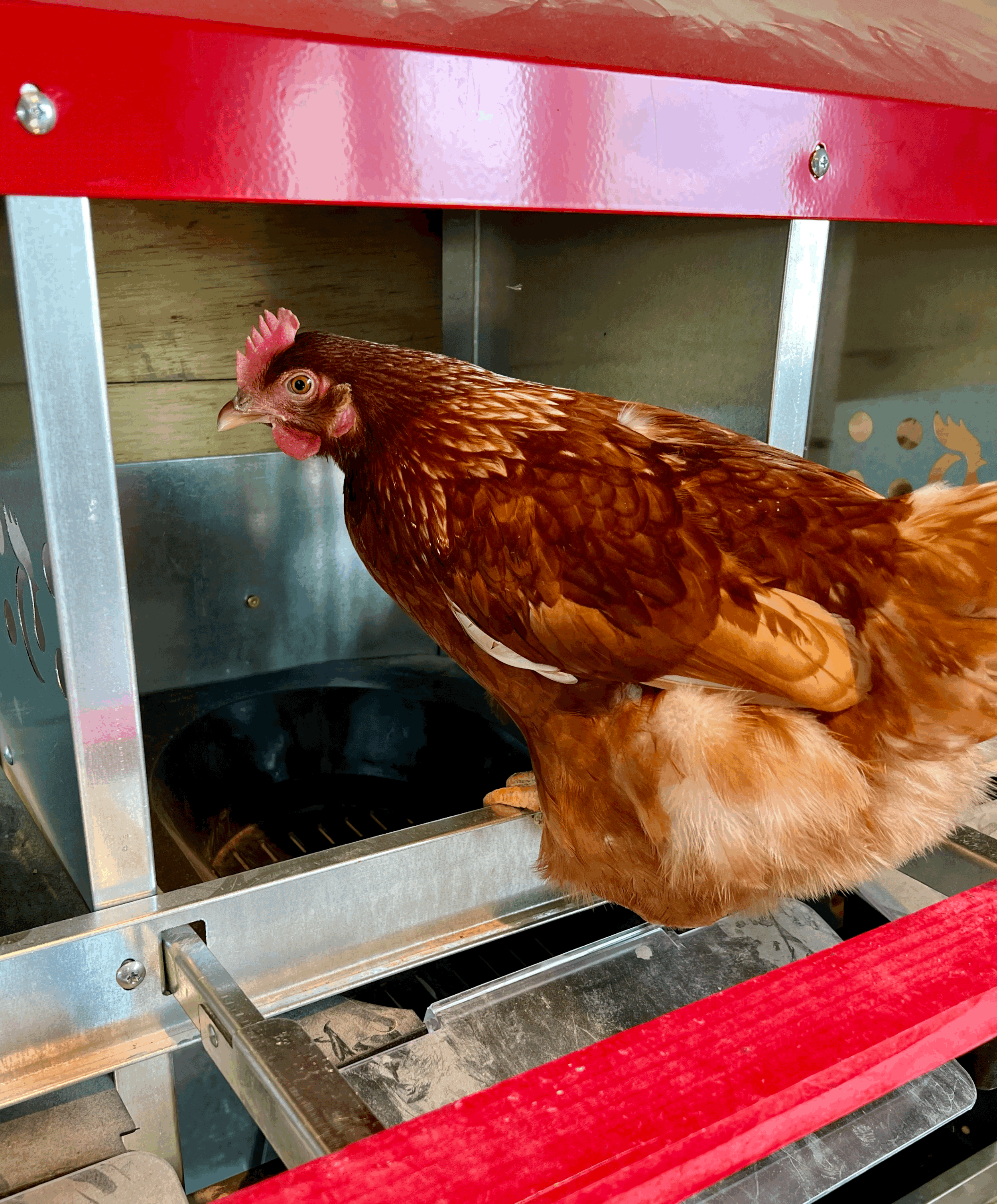Once you’ve eaten farm-fresh eggs, it’s hard to go back to grocery store eggs. Fresh eggs—free-range or not—are delicious, with bright yolks and firm whites. Grocery store eggs are often already a month old before they even get to the shelves. If you’re raising chickens yourself or are planning to, having a constant supply of fresh eggs is probably your primary reason for getting the birds in the first place! Here’s everything you need to know.
How Often do Chickens Lay Eggs?
Hens lay about one egg per day when they’re laying. You’ll collect more eggs during extremely warm or cold weather, as the hens spend more time in their coop. Collecting eggs frequently keeps the eggs from breaking due to hen traffic.
Why Are My Chickens Eating Their Eggs?!
Oddly enough, chickens like to eat eggs as much as we do. Most egg-eaters learn on broken eggs and then begin to break eggs themselves. Chickens are opportunists and will pick at whatever looks edible. If you clean up broken eggs immediately and throw out any “eggy” straw or shavings, you can prevent egg-eating. A chicken that learns this habit can’t be cured, and others may follow her lead. You don’t want the chickens eating your eggs—you want them yourself!
What Color Eggs Will My Chickens Lay?
You can tell what color eggs a hen will lay by the color of her ear. Yes, her ear. Birds don’t have external ears like humans do, so look for a small circle or oval of skin on the side of the head, next to the ear hole. If it’s white, your hen will lay white eggs; if it’s red, she’ll lay brown ones. There’s no difference in flavor or nutrition.
Cleaning and Storing Eggs
Avoid washing farm-fresh eggs if you can; instead, wipe with a dry, rough cloth. Eggshells have a “bloom,” a natural coating that protects the egg from bacteria. If you wash the eggs, it removes this protective layer and you need to put in the refrigerator. Otherwise, the eggs can be stored on the counter for up to a month or stored in the refrigerator; it’s personal preference. I think the eggs taste better within two weeks, but they’re fine to eat within a month of laying.
If the eggs have a little manure on them, remove. To keep your eggs clean, keep their straw fresh and pick out any large pieces of muck best you can, but it’s inevitable that the eggs may have a little muck on them. Just wipe with a damp cloth for small spots.
A really dirty egg can be submerged and scrubbed with a vegetable brush. Always use warm water (warmer than the egg); cold water will make the egg shrink inside the shell and will draw in bacteria.
If you wash the eggs, be gentle and quick. Let eggs air-dry thoroughly before putting them away. (I like to sort them by color, darkest to lightest, but that’s just me!)
I put my eggs in dated egg cartons, and store them in the fridge on a shelf—not the door, where they will get jostled with every opening/closing. For partial cartons, I mark each egg in pencil with the day it was collected. Refrigerate between 32- and 40-degrees Fahrenheit. Fresh eggs are good for a month in the refrigerator.
Do Chickens Ever Stop Laying Eggs?
Farm chickens can live 4 to 7 years and lay eggs for most of that time. Every year, they go “off-lay” (i.e., stop laying eggs) for several months. This happens during the winter, when there’s too little daylight to trigger egg-laying. Don’t worry, though—they’ll begin again in the spring as the days grow longer again!






